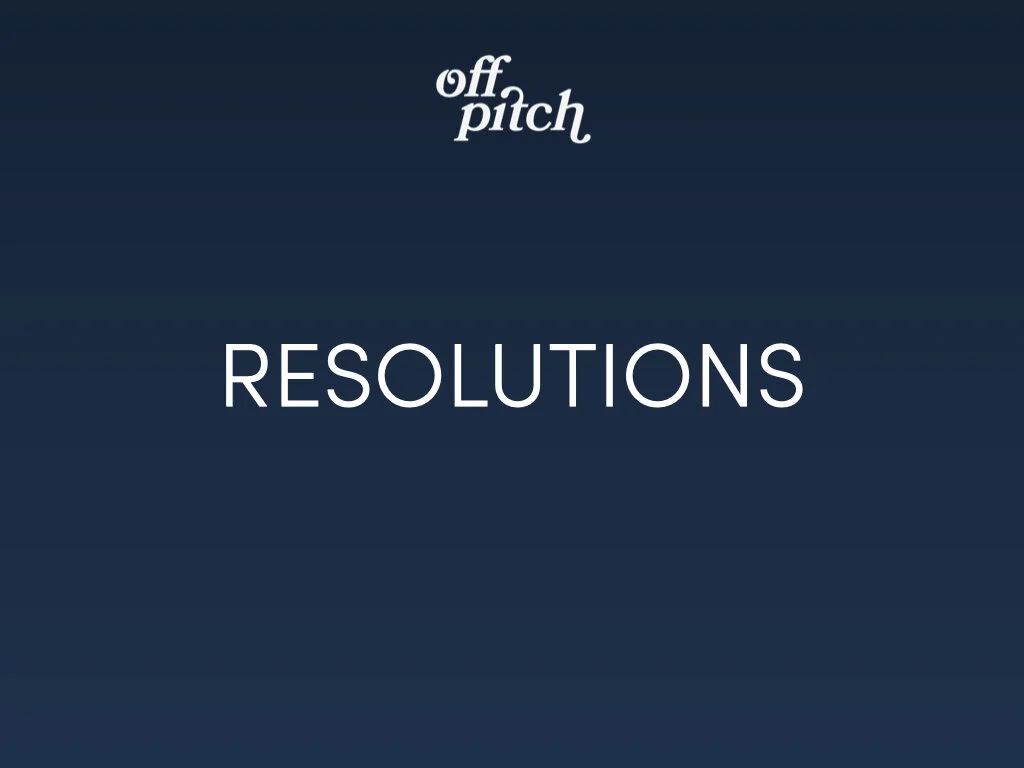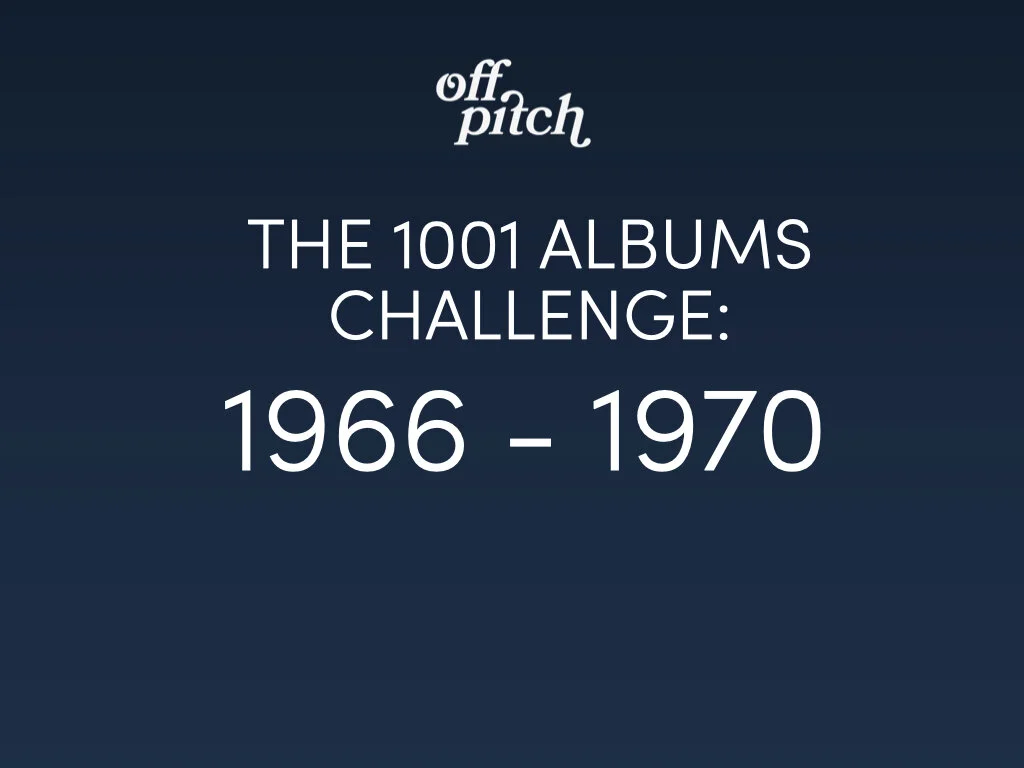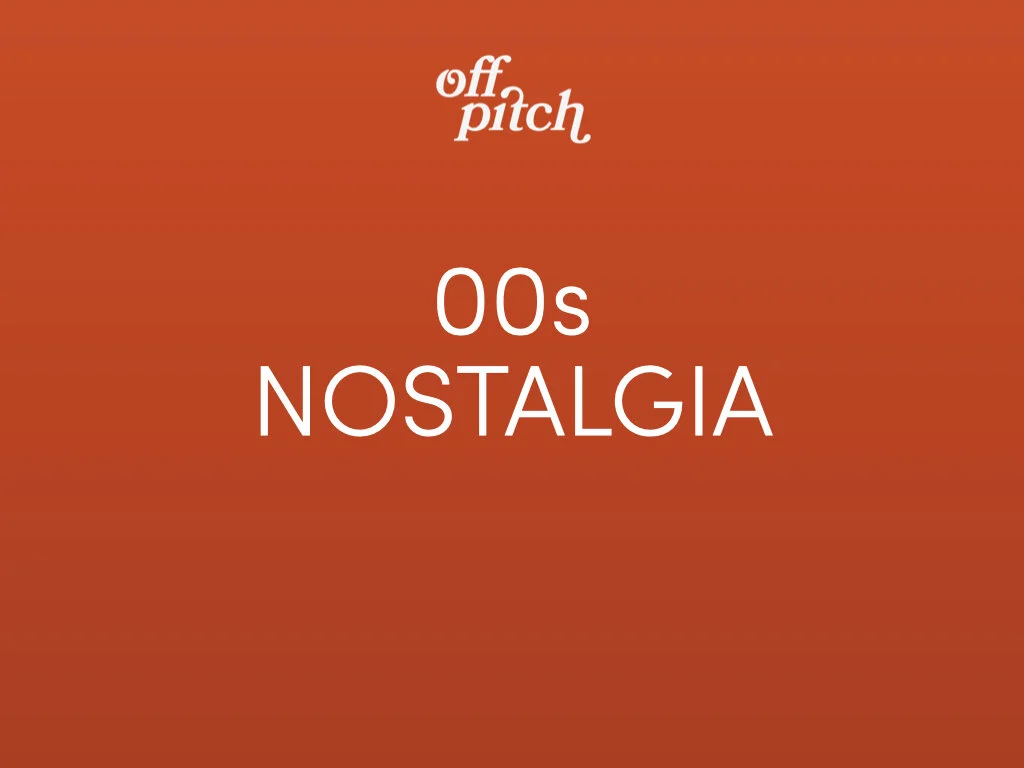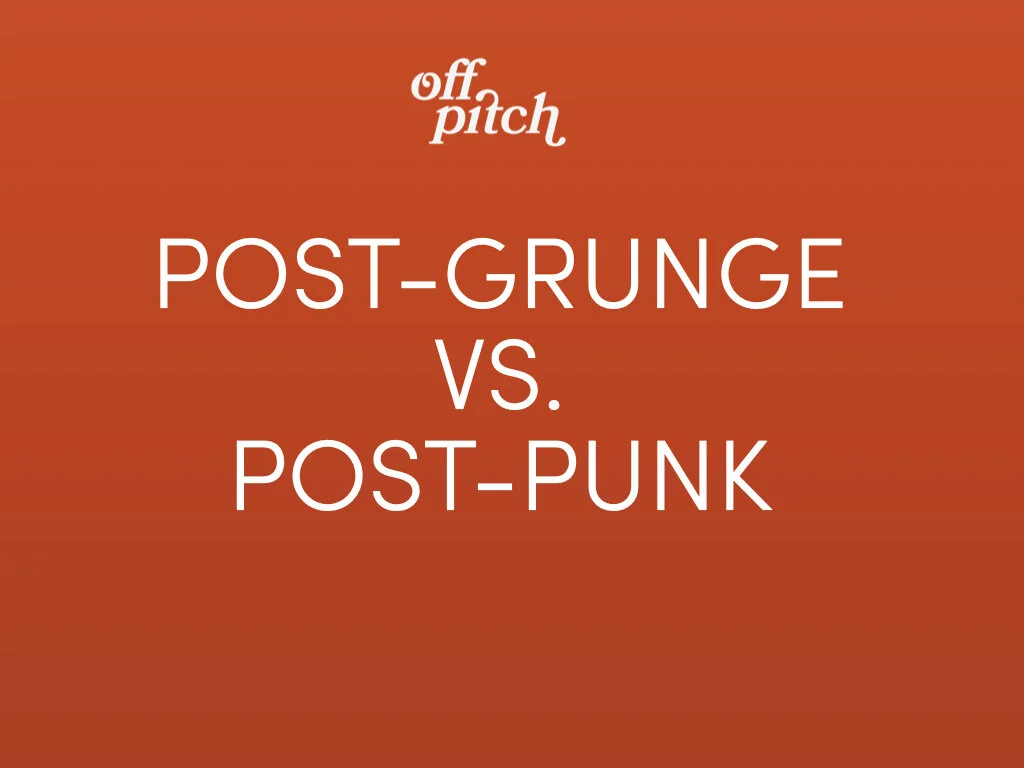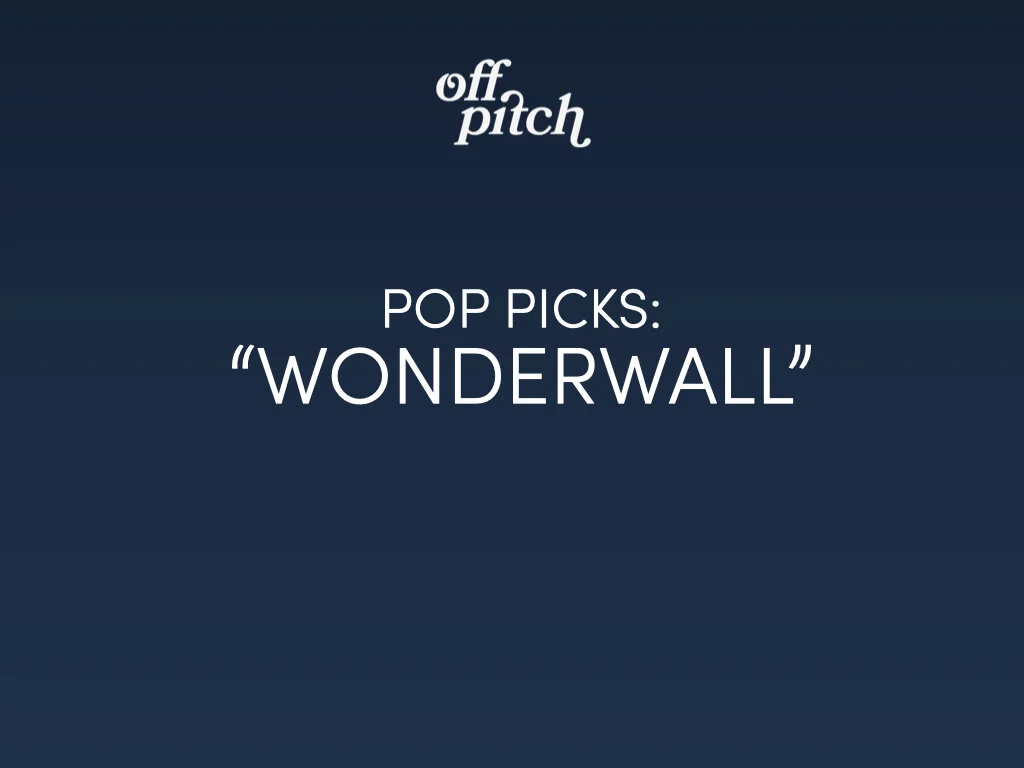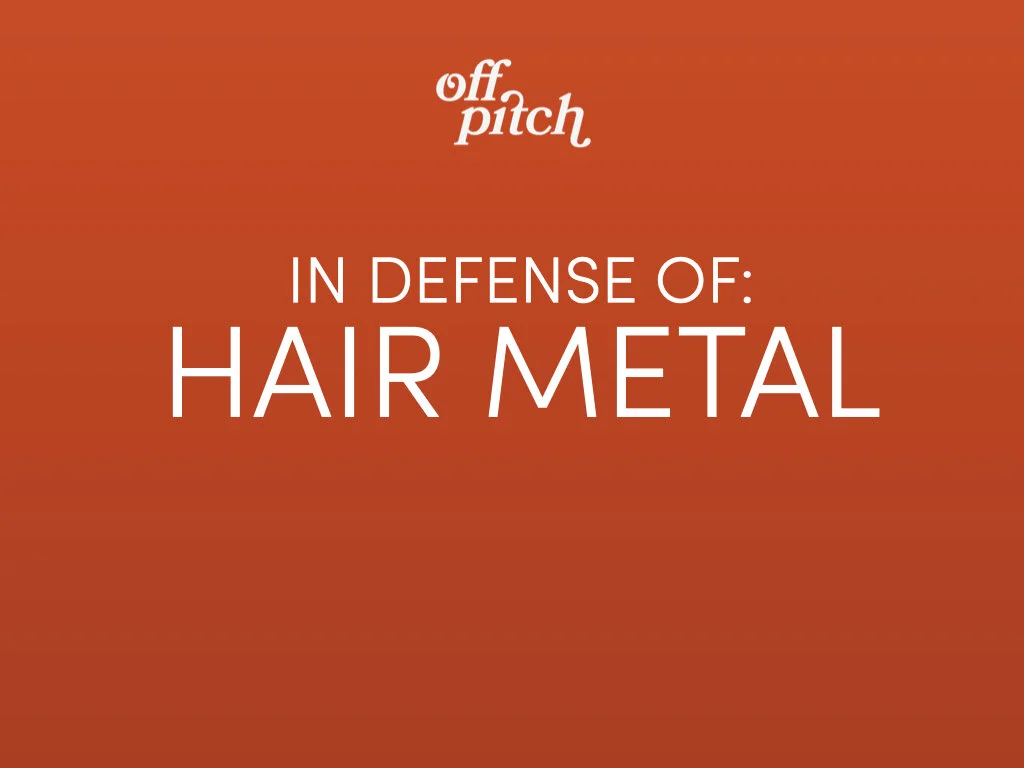To refer to Scrubs as just a great comedy is doing the show a disservice. Although most sitcoms, Seinfeld notwithstanding, mix in some heart with the humor, no show covered the emotional spectrum as completely as Scrubs. Goofy, slapstick humor and fantastical cutaway gags existed side-by-side with the kind of true-to-life tragic events you’d see in a medical drama. But despite the occasional heavy subject matter, Scrubs managed to keep an underlying message of optimism, in large part due to main character JD’s trademark ‘lesson of the week’ internal monologues that closed out every episode.
But JD alone was not responsible for making Scrubs great. Aside from its complex emotional tone, the best thing Scrubs had going for it was its host of colorful side characters. From eccentric janitors to banana hammock-clad surgeons to a doctor that resembled a certain West Coast rapper, Scrubs treated any and every character as a source of punchlines. And this investment in character-building had a compounding effect. Any combination of characters on screen could drive a scene, an episode plot, or a multi-season running joke. It also heightened immersion, which was much-needed in a show that used daydreaming as a storytelling device. The personas may have been exaggerated, but the concept of a cast of zany characters at work still felt familiar.
And of course, you can’t talk about Scrubs without mentioning its soundtrack (especially when you’re talking about it on a music blog). From the very first episode, music played a crucial role in the show by setting the tone of the series with the theme song “Superman” by Lazlo Bane. Scrubs also had a devastating knack for picking the perfect song for an emotional scene, like when “Winter” by Joshua Radin plays in this iconic scene. Scrubs even built an entire episode around Colin Hay’s “Overkill,” aptly titled “My Overkill.” I again have to give a lot of credit to JD for this, or at least to the actor who plays him, notorious indiehead Zach Braff. His role in building the soundtrack helped keep music an integral part of Scrubs.
As much as Zach Braff’s indie expertise contributed to the music of Scrubs, there was one man in particular who injected music directly into the lifeblood of the show. That man was Sam Lloyd, who played perpetually nervous lawyer Ted Buckland. Ted is pretty much everything I love about Scrubs distilled into one character. His humor was physical and cartoonish, but it also touched on dark subjects like anxiety and depression. Aside from being a hyper-stressed lawyer, Ted was in an a cappella band, a detail that might have been quickly forgotten in a lesser TV show. In Scrubs that detail was blown up into a recurring plot point, because Sam Lloyd actually was in an a cappella band (The Blanks) that made frequent cameos. The Blanks did everything from providing comic relief with their covers of classic TV themes to playing at the long-awaited wedding between JD and Elliot. They were an instrumental part of the show despite rarely needing to rely on instruments.
Last week, after a months-long battle with cancer, Sam Lloyd passed away at the age of 56. By all accounts, he was just as fantastic of a person off-camera as he was in character. Even though television isn’t typically Off Pitch’s wheelhouse, it would have felt strange not to acknowledge the loss of someone who has brought me and many others so much joy through his music and humor. If you’re a fan of Scrubs, you already knew everything I’ve said here. If you’re not a fan yet, I highly recommend you watch an episode or two so you can witness Sam’s talent. It’s well worth your time.
Lyle B.

